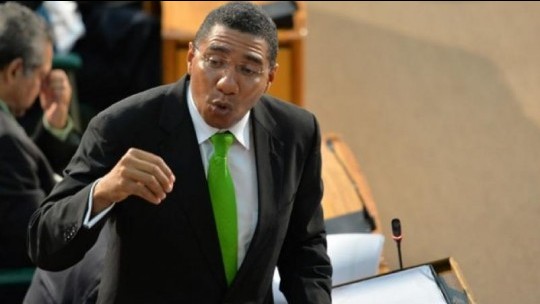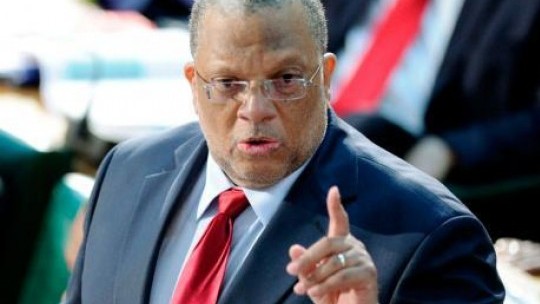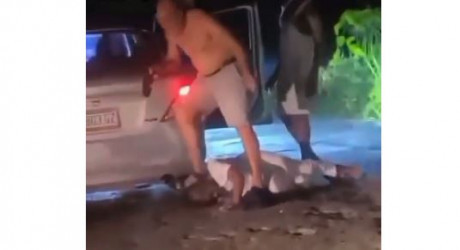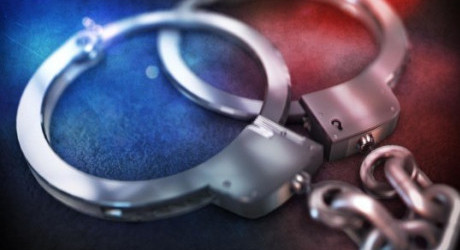.png)
00:00
00:00
00:00
Prime Minister Andrew Holness and Opposition Leader Dr. Peter Phillips
Jamaicans could continue to see the use of states of emergency to curtail crime for up to seven years as the government targets reducing murders to approximately 500 per annum.
Prime Minister Andrew Holness gave the timeline as he spoke in the House of Representatives Tuesday afternoon in the debate to extend the state of emergency in the St. Andrew South Police Division until October 5.
Mr. Holness argued that a state of emergency was the best tool at this time for achieving meaningful reductions in murders.
However, he said the intervention has to be sustained and used in a selective way to reduce the murder rate by 16 per hundred thousand before the country can "be in a position to now use conventional measures to maintain that and reduce crime fully."
Mr. Holness said it was important to break the psychological barrier of one thousand murders per year.
He urged the House to extend the state of emergency, arguing that without sustained police-military intervention, crime will spiral out of control.
"And the theory behind it is quite easy to understand, Mr. Speaker. One murder, just one murder, will have a reprisal effect, and depending on the context, the reprisal effect can be more than one murder," he asserted.
The state of emergency was imposed in St. Andrew South on July 7.
Jamaica has recorded more than 720 murders so far this year.
The figure for all of 2018 was 1,287.
Reservation
In the meantime, Opposition Leader Dr. Peter Phillips, continued to express reservation about the use of states of emergency even as he supported extension of the measure in St. Andrew South.
He said he supported the extension because "the communities want some relief from the immediate terror that they are experiencing". However, he noted that the Opposition still did not "consider a state of emergency to be an ideal solution to this problem or even the best solution in the circumstances."
Dr. Phillips again called for broad-based, independent discussions on an anti-crime strategy.
He questioned whether the government was making the best use of the resources within the security forces by pursuing the current strategy.
"Deploying your resources to a few critical areas and where much of those resources...have to be taken from other areas, you're having the kind of balloon effect. You squeeze one part of the balloon and another part of it expands," he reasoned.
At the end of the debate on the motion, the House voted to extend the state of emergency in St. Andrew South until October 5.








 All feeds
All feeds







